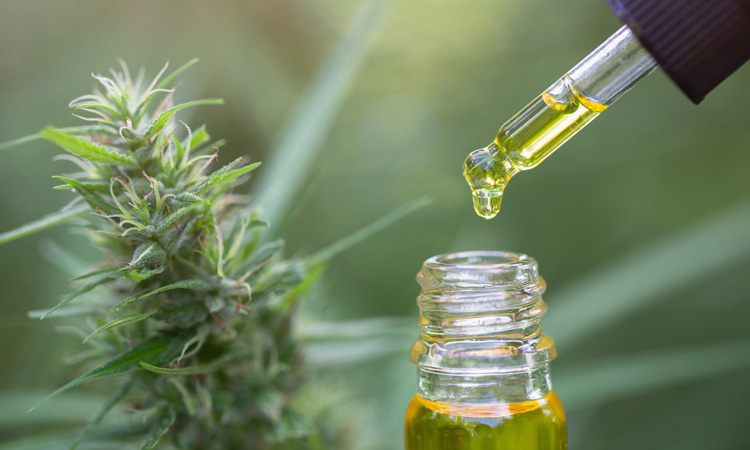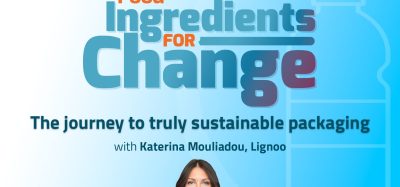Updated CFS Hemp CBD Scorecard reveals improved transparency
- Like
- Digg
- Del
- Tumblr
- VKontakte
- Buffer
- Love This
- Odnoklassniki
- Meneame
- Blogger
- Amazon
- Yahoo Mail
- Gmail
- AOL
- Newsvine
- HackerNews
- Evernote
- MySpace
- Mail.ru
- Viadeo
- Line
- Comments
- Yummly
- SMS
- Viber
- Telegram
- Subscribe
- Skype
- Facebook Messenger
- Kakao
- LiveJournal
- Yammer
- Edgar
- Fintel
- Mix
- Instapaper
- Copy Link
Posted: 2 March 2020 | Sam Mehmet (New Food) | No comments yet
In CFS’s original 2019 Hemp CBD Scorecard, the majority of the CBD companies evaluated received a failing – or near failing – grade, but now the vast majority received an A grade.


An updated ‘Hemp CBD Scorecard’ from the national nonprofit watchdog Center for Food Safety (CFS) has revealed that nearly all the companies evaluated are becoming more transparent about how their products are produced.
“We are thrilled to see so much improvement in the hemp CBD industry since our last Scorecard. Companies are now providing critical information to the public — including test results for pesticides, heavy metals, and other contaminants — as well as other information about how their products are made,” said Rebecca Spector, West Coast Director at CFS. “Our hope is that all CBD brands will follow in the footsteps of these companies that are leading the way toward providing full transparency about their products.”
CFS re-evaluated dozens of companies that sell hemp CBD products to compare product policies and practices in the following four categories: Hemp Farming and Organic Certification; Processing; Testing/Auditing; and Transparency. CFS based the scores on factors like: how many products are Certified Organic or made with organic ingredients; which products use GMO ethanol/alcohol versus CO2 during processing; which companies test for the presence of pesticides, heavy metals, such as lead, and microbiological contaminants; and which companies are clearly and openly conveying information about their production practices to consumers.
The new Scorecard shows the majority of companies (22) are receiving an “A” grade with only a single company in the “D” or “F” category. This is in contrast to the September 2019 Scorecard where only four companies received “A” grades, and the majority of companies received “Ds” and “Fs.”
Some additional results of interest include:
- 89 percent of companies provide lab results directly on their website, with 94 percent testing for heavy metals and microbiological contaminants
- 72 percent of companies claim they are using organic ingredients on their product labels
- 59 percent of companies provide general pesticide panel test results on their websites
- 29 percent of companies provide glyphosate tests and/or glyphosate free certificates on their websites (note that a separate test is required for glyphosate, it is not included in standard pesticide tests).
The Scorecard also found that 72 percent of companies reviewed stated that they are using organic ingredients on their product labels, with 24 percent of companies increasing their use of organic ingredients since the September 2019 Scorecard.
“Now is the time for farmers and processors to seize the moment and avoid hemp becoming another exploited commodity that is not grown sustainably,” said Gwendolyn Wyard, Vice President of Regulatory & Technical Affairs at the Organic Trade Association. “We have in front of us a tremendous opportunity for organic hemp farmers and manufacturers to use organic hemp for a wide range of products, including cosmetics, personal care products, textiles and nutritional supplements. There is no need for hemp to be grown with chemical pesticides and fertilisers; organic agriculture and innovation has all the tools needed to produce a thriving hemp crop and associated processed hemp products that are better for the planet and what consumers want.”
Related topics
CBD hemp & cannabis, Food Safety, Health & Nutrition, Regulation & Legislation, The consumer









